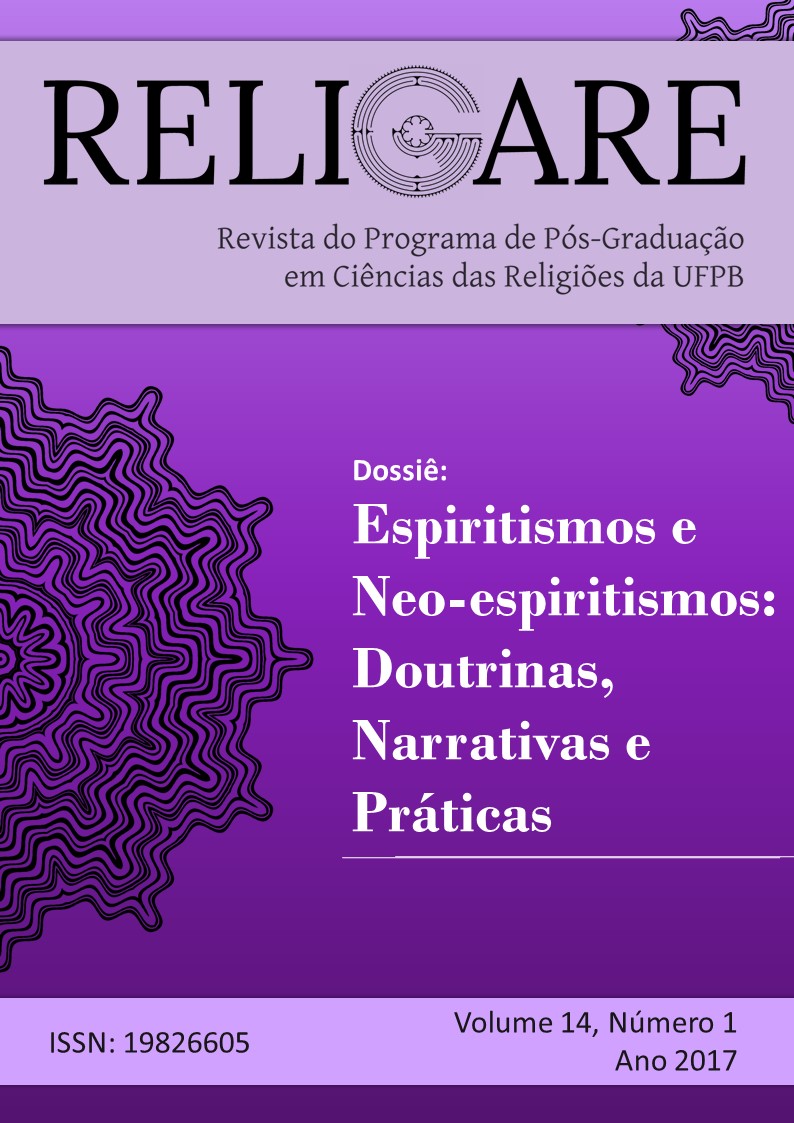Pope John Paul II discourses and Poland's national symbols during the political transition (1978-1989)
DOI:
https://doi.org/10.22478/ufpb.1982-6605.2017v14n1.32325Resumo
This paper aims to show how the then new pope John Paul II represented an important factor in the downfall of the Communist regime in Poland using as tools his charismatic discourse, knowledge of Polish national culture and the powers granted to him by the Roman Catholic Church. In order to do this, it will resort to analysis of Wojtyła’s speeches during the time, connecting them to the aforementioned cultural aspects. The final years of the Cold War introduced a range of new actors that contributed to the American preponderance in the international system after the demise of the USSR. In such context, the Vatican influenced political change in some Communist countries in the end of 1970s. The oldest diplomacy in the world was able to be among the high players in the system once again, mainly in the home country of the then Pope John Paul II. The paper arguments that Karol Wojtyła played an instrumental role during the Polish political transition and that was possible because of what he represented to the Poles and the way he used the cultural aspects of the country on his favor.Downloads
Downloads
Publicado
Como Citar
Edição
Seção
Licença
O(s) autor(es) do trabalho citado se compromete(m) a cumprir o que segue:
- Todos os autores participaram do trabalho e responsabilizam-se publicamente por ele.
- Os autores afirmam que este trabalho é de sua autoria e que assumem integral responsabilidade diante de terceiros, quer de natureza moral ou patrimonial, em razão de seu conteúdo, declarando desde já, que a obra a ser entregue é original, e que não infringe quaisquer direitos de propriedade intelectual de terceiros.
- O(s) autor(es) concordam em ceder os direitos autorais do artigo à Revista Religare, e concedem permissão para reproduzir, comercializar, editar e publicar o referido artigo online e/ou impresso no site do periódico.
- Também os autores que publicam nesta revista concordam conceder a Cessão de Direito da primeira publicação à revista, licenciado sob a Creative Commons Attribution License que permite o compartilhamento do trabalho com reconhecimento da autoria.
- Autores têm permissão e são estimulados a citar e distribuir seu trabalho (ex.: em repositórios institucionais, página pessoal, trabalhos científicos, etc) desde que citada a fonte (referência), já que isso pode gerar produtividade para os autores, bem como aumentar o impacto e a citação do trabalho publicado.


